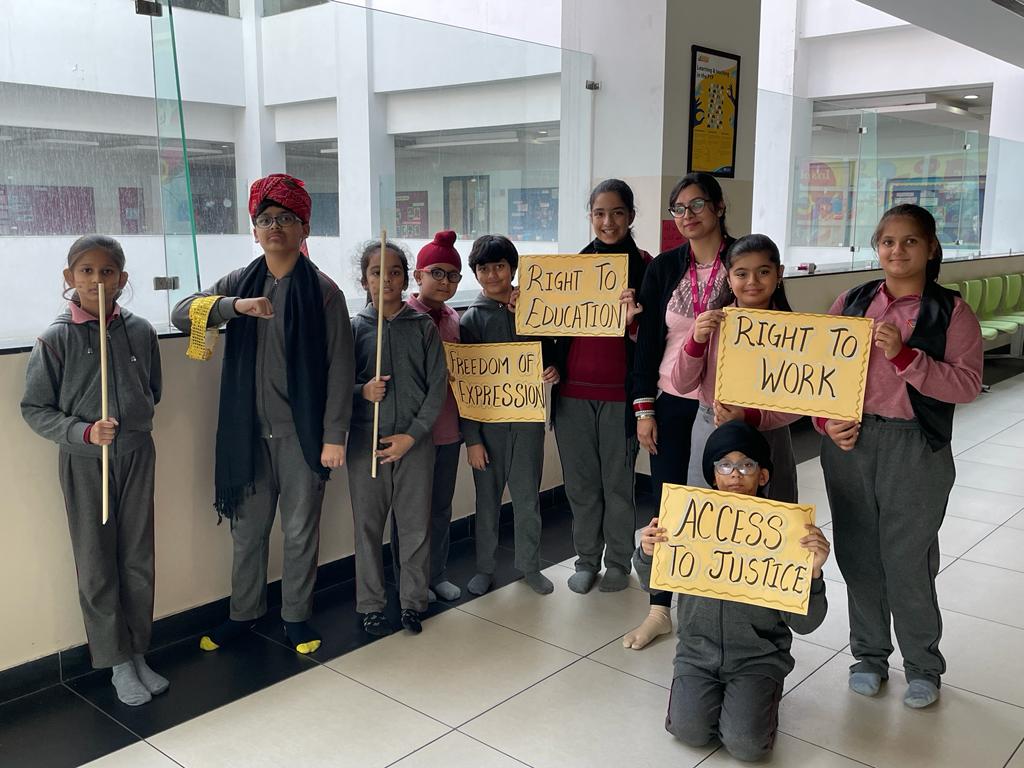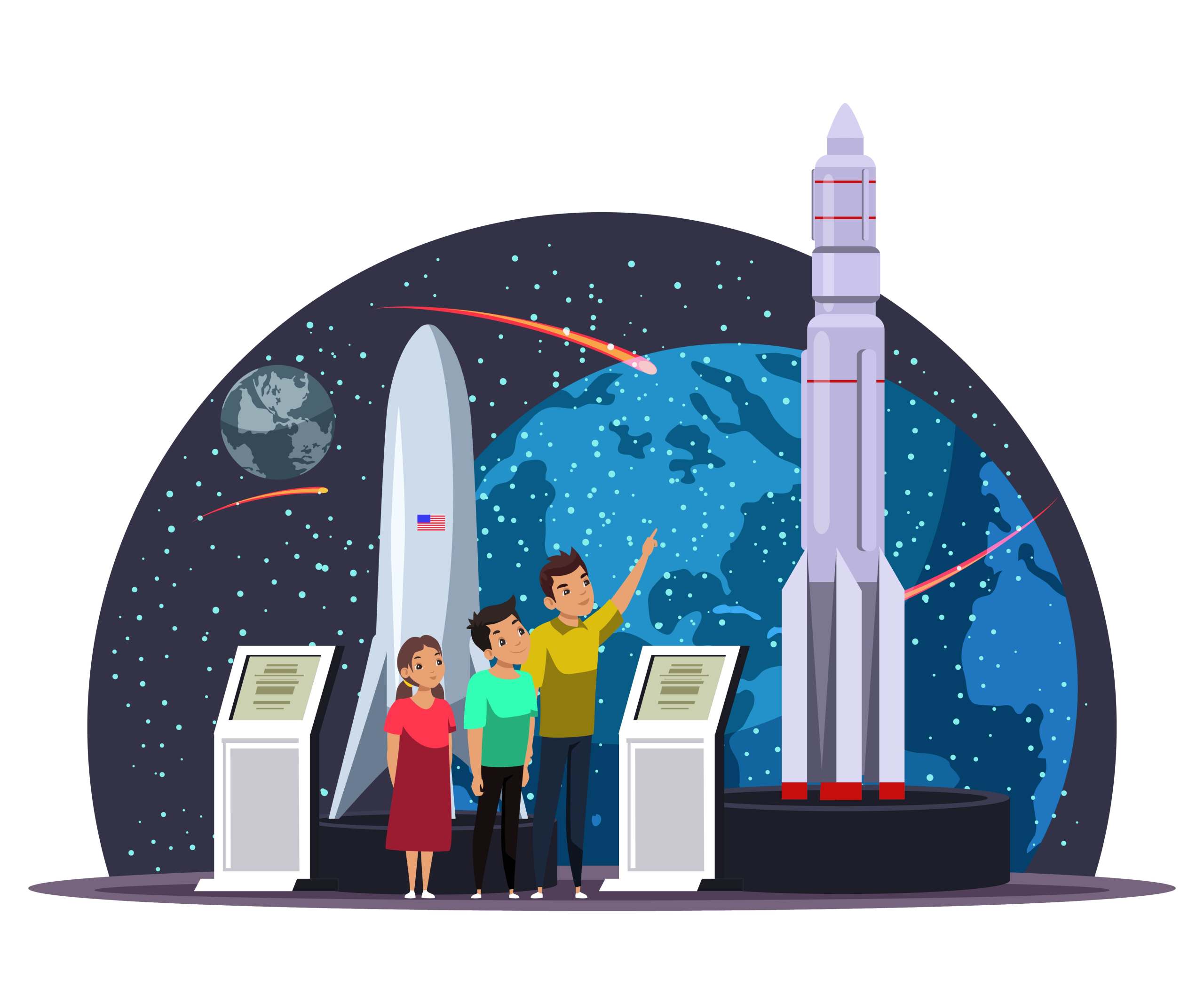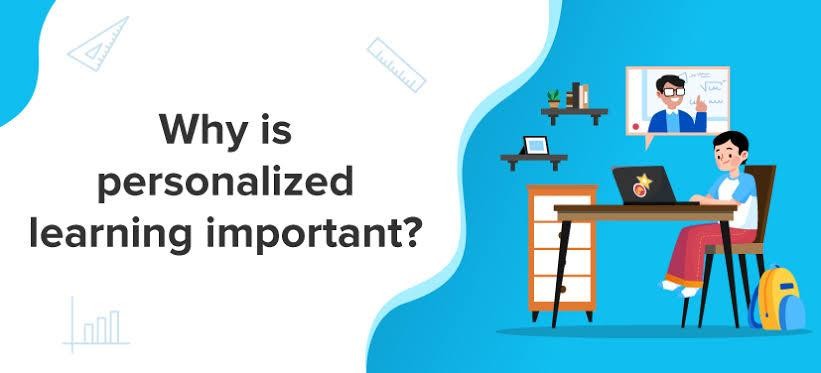Exploring the Metaverse: How Virtual Reality is Creating New Worlds for Learning and Entertainment
Introduction:
At Genesis Global School, the best school in noida a where the digital age is transforming rapidly, and one of the most groundbreaking developments of recent times is the rise of the metaverse. The concept of the metaverse—a virtual reality-based collective space where people interact, work, play, and learn—has taken center stage in both technology and education. Combining elements of virtual reality (VR), augmented reality (AR), and 3D immersive worlds, the metaverse is poised to change how we experience entertainment and education.
For students and educators, the metaverse represents an incredible opportunity to explore new modes of learning, collaboration, and creativity. Similarly, for the entertainment industry, the metaverse offers a new frontier where immersive experiences and storytelling take on an entirely new dimension. This article will explore how virtual reality is shaping the future of both learning and entertainment and how students can engage with these cutting-edge technologies to enhance their educational experiences.
What Is the Metaverse?
The metaverse refers to a shared, virtual space that exists in real-time, merging the physical and digital worlds. It’s often described as an immersive, 3D internet where users can create avatars, socialize, and engage with virtual environments. Within the metaverse, users can explore spaces designed for everything from gaming and entertainment to education and collaboration. Powered by technologies like virtual reality (VR), augmented reality (AR), blockchain, and artificial intelligence (AI), the metaverse provides a platform for limitless possibilities.
While the idea of virtual worlds isn’t entirely new—massively multiplayer online games (MMOs) have existed for decades—the metaverse is different in its scale and potential. It’s not limited to one game or experience but encompasses a variety of applications that cross industries, from entertainment to education, healthcare, and even the workplace. In essence, the metaverse is the next evolution of the internet, where users don’t just consume content but live and participate in it.
The Role of Virtual Reality in the Metaverse
At the core of the metaverse is virtual reality (VR), which creates fully immersive experiences by simulating real-world environments or entirely new worlds using 3D computer graphics. VR headsets like the Oculus Rift, HTC Vive, and PlayStation VR have made it easier than ever for people to step into these digital realms and interact with them.
For educational institutions, the use of VR within the metaverse opens new pathways for interactive and immersive learning. Traditional methods of learning, often restricted to textbooks and static content, can now be enhanced by virtual environments that allow students to experience lessons firsthand.
For example, imagine a history class where students don VR headsets and explore ancient civilizations, or a science class where they can virtually tour the solar system. Virtual reality enhances the sensory experience, making learning more engaging and memorable. It turns abstract concepts into tangible experiences that students can explore in real-time.
How the Metaverse Is Transforming Learning
- Immersive Learning Environments
One of the greatest benefits of the metaverse in education is the ability to create immersive learning environments. Students can explore virtual simulations of real-world places, historical events, or even biological systems, all from the comfort of a classroom or their home. This immersion goes beyond just visualizing concepts; it allows students to interact with the material in meaningful ways.
For example, students studying marine biology can take a virtual dive into the depths of the ocean to explore marine ecosystems. By interacting with virtual creatures and ecosystems, they gain a deeper understanding of biodiversity and environmental issues. Similarly, medical students can practice surgeries in VR, gaining valuable experience without the risks associated with real-life procedures.
- Gamified Learning and Edutainment
The metaverse combines education and entertainment in ways that can make learning fun and interactive. Gamification—the use of game elements in non-game contexts—has proven to be an effective strategy for engaging students. In the metaverse, education can become an adventure, where students unlock achievements, solve puzzles, or compete in learning-based challenges.
Edutainment—educational entertainment—can take on new forms in the metaverse, where students can engage in interactive storytelling or participate in educational games that reinforce important lessons. Whether it’s solving math problems in a virtual escape room or learning language skills through interactive, role-playing scenarios, gamified learning in the metaverse has the potential to make education more engaging and motivating.
- Collaboration and Social Learning
The metaverse’s collaborative features allow students from different parts of the world to learn together in virtual classrooms, breaking down geographical barriers. Virtual classrooms enable students to interact with peers, engage in group discussions, and collaborate on projects in a 3D environment, regardless of their physical location.
In addition to peer collaboration, the metaverse also allows for the inclusion of guest speakers and educators from around the globe. A classroom could, for instance, invite a NASA scientist to give a virtual lecture on space exploration, with students interacting with the speaker in real time. The potential for cross-cultural learning and collaboration in the metaverse is enormous, creating a truly global educational experience.
- Personalized Learning Paths
The flexibility of the metaverse allows for highly personalized learning experiences. Students can progress at their own pace, receive instant feedback, and choose their learning path based on their interests. Virtual environments can adapt to individual learning styles, providing customized learning modules that cater to each student’s strengths and weaknesses.
For instance, a student struggling with geometry can receive extra practice through interactive 3D models, while a student excelling in biology can dive deeper into advanced simulations. Virtual reality allows for these personalized experiences in a way that traditional classrooms cannot, ensuring that every student can learn at their own pace.
The Metaverse in Entertainment: A New Frontier for Immersive Experiences
While education is one of the most promising applications of the metaverse, entertainment is where it’s already making waves. From virtual concerts and interactive art exhibits to multiplayer VR games and immersive storytelling, the entertainment industry is rapidly embracing the metaverse.
- Virtual Concerts and Events
The entertainment industry is already exploring the possibilities of the metaverse by hosting virtual concerts, festivals, and events. Artists like Travis Scott and Ariana Grande have performed live in the metaverse, reaching millions of fans in immersive, interactive concerts where avatars can dance, socialize, and interact with the performance.
For students interested in media and entertainment, these virtual events provide a glimpse into the future of concert production, event planning, and digital content creation. The metaverse blurs the line between live and virtual performances, offering new opportunities for artists, musicians, and event organizers to reach global audiences in creative ways.
- Gaming and Interactive Storytelling
Gaming is one of the most natural fits for the metaverse, and it’s where many of the most exciting developments are happening. Multiplayer online games like Fortnite, Roblox, and Minecraft already offer immersive virtual worlds where players can explore, build, and collaborate. However, in the metaverse, gaming becomes even more immersive, with VR and AR creating a deeper sense of presence and interactivity.
Interactive storytelling is another area of entertainment being transformed by the metaverse. Films and TV shows can become more interactive, allowing viewers to step into the story as active participants. Imagine watching a detective drama where you become part of the investigation, or a fantasy adventure where you guide the hero’s journey. In the metaverse, storytelling evolves from passive consumption to active engagement.
- Virtual Theme Parks and Amusement Experiences
Virtual theme parks and amusement parks are also emerging as new forms of entertainment within the metaverse. These virtual spaces offer a range of experiences, from virtual roller coasters to interactive escape rooms, where users can experience thrilling rides or solve challenges in a completely digital environment. Virtual theme parks combine the excitement of real-world amusement parks with the creativity and limitless possibilities of the digital world.
For students with an interest in game design, storytelling, or media production, the entertainment metaverse offers endless opportunities to create new, immersive experiences. Whether designing virtual environments, developing interactive games, or producing digital content, the metaverse opens up exciting career paths in the entertainment industry.
Preparing for a Career in the Metaverse
As the metaverse continues to grow, so do the opportunities for students to build careers in this dynamic and emerging field. Whether their interests lie in education, entertainment, game design, or digital content creation, students today have the chance to be at the forefront of the metaverse revolution. Here are some ways students can prepare for careers in the metaverse:
- STEM Education
A strong foundation in STEM (Science, Technology, Engineering, and Mathematics) is essential for students interested in developing the metaverse. Programming languages like Python, C++, and Java are crucial for creating virtual worlds, while knowledge of 3D modeling, animation, and graphics design can help students create immersive experiences. Schools offering robust STEM programs provide students with the technical skills necessary for careers in virtual reality, game design, and digital media.
- Creative Arts and Design
The metaverse is not just a technological platform; it’s a creative canvas. Students interested in art, design, and storytelling will find numerous opportunities in creating the visual and narrative elements of virtual worlds. Courses in digital art, animation, and graphic design, combined with creative writing and storytelling, will equip students with the skills needed to bring virtual experiences to life.
- Business and Entrepreneurship
As the metaverse grows, so too will the opportunities for entrepreneurship and business innovation. Virtual real estate, digital goods, and online marketplaces within the metaverse are opening new economic avenues. Students with an interest in business can explore opportunities to develop virtual products, launch VR-based services, or create new revenue streams through digital entertainment platforms.
- Collaboration and Social Skills
In the metaverse, collaboration and communication are key. Whether working on group projects in a virtual classroom or developing a multiplayer game, students will need to work effectively with peers from around the world. Social and emotional learning, teamwork, and collaboration are critical skills for thriving in the metaverse.
Conclusion
At Genesis Global School, the top cbse schools in noida where the metaverse represents a new era of virtual reality where learning and entertainment collide, offering limitless possibilities for students and educators alike. By embracing virtual reality technologies and immersive experiences, the metaverse is not only reshaping how we learn but also how we engage with entertainment and media.
For students, the metaverse is more than just a futuristic concept; it’s a platform where they can lead, innovate, and create. From STEM education to creative arts, business, and collaboration, the skills students develop today will prepare them to navigate and thrive in the digital worlds of tomorrow. The metaverse is here, and it’s up to the next generation to explore, shape, and transform it.
Popular Posts
Recent Posts
Archive
- January 2025
- December 2024
- November 2024
- October 2024
- September 2024
- August 2024
- July 2024
- June 2024
- May 2024
- April 2024
- March 2024
- February 2024
Newsletter
 A1 and A12, SECTOR-132,EXPRESSWAY, NOIDA (201304)
A1 and A12, SECTOR-132,EXPRESSWAY, NOIDA (201304)
 +91-9711000498 / 560 / 625 / 626
+91-9711000498 / 560 / 625 / 626
 info@genesisgs.edu.in
info@genesisgs.edu.in
- Contact Us
- Address
- Mobile Number
- +91-9711000498 / 560 / 625 / 626
- info@genesisgs.edu.in
© Copyright 2018, all rights reserved with Genesis Global School





















